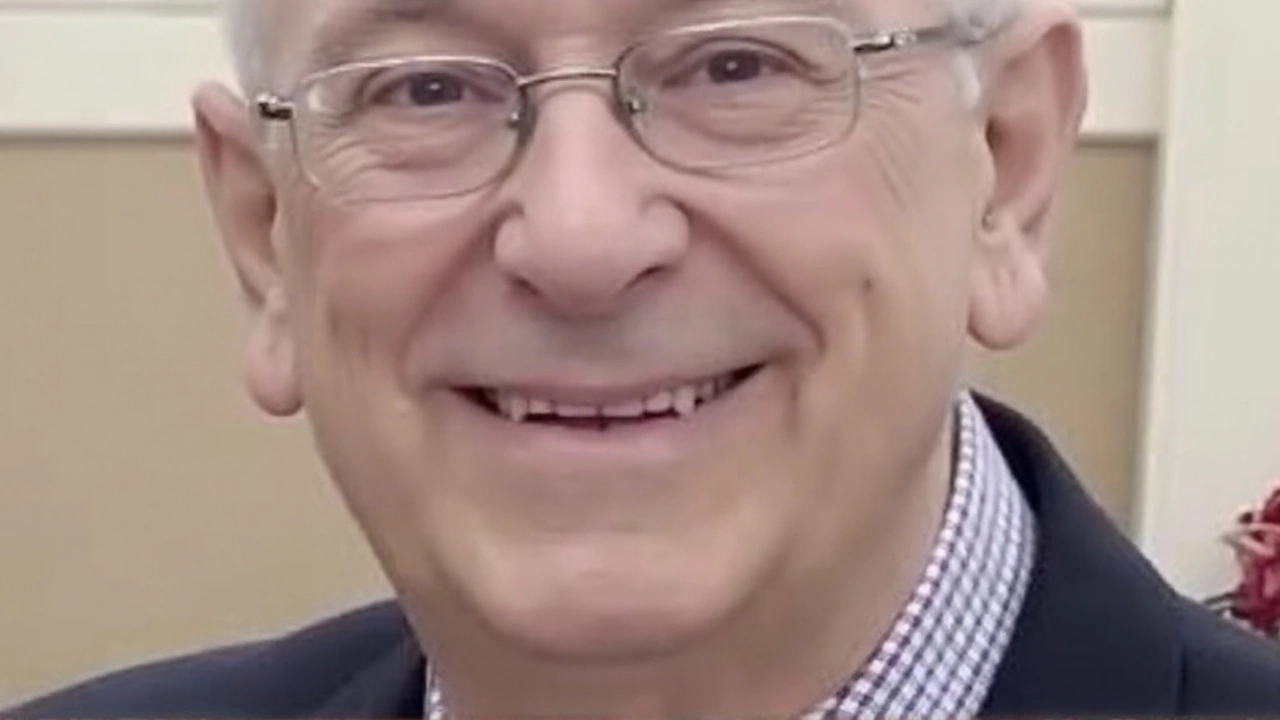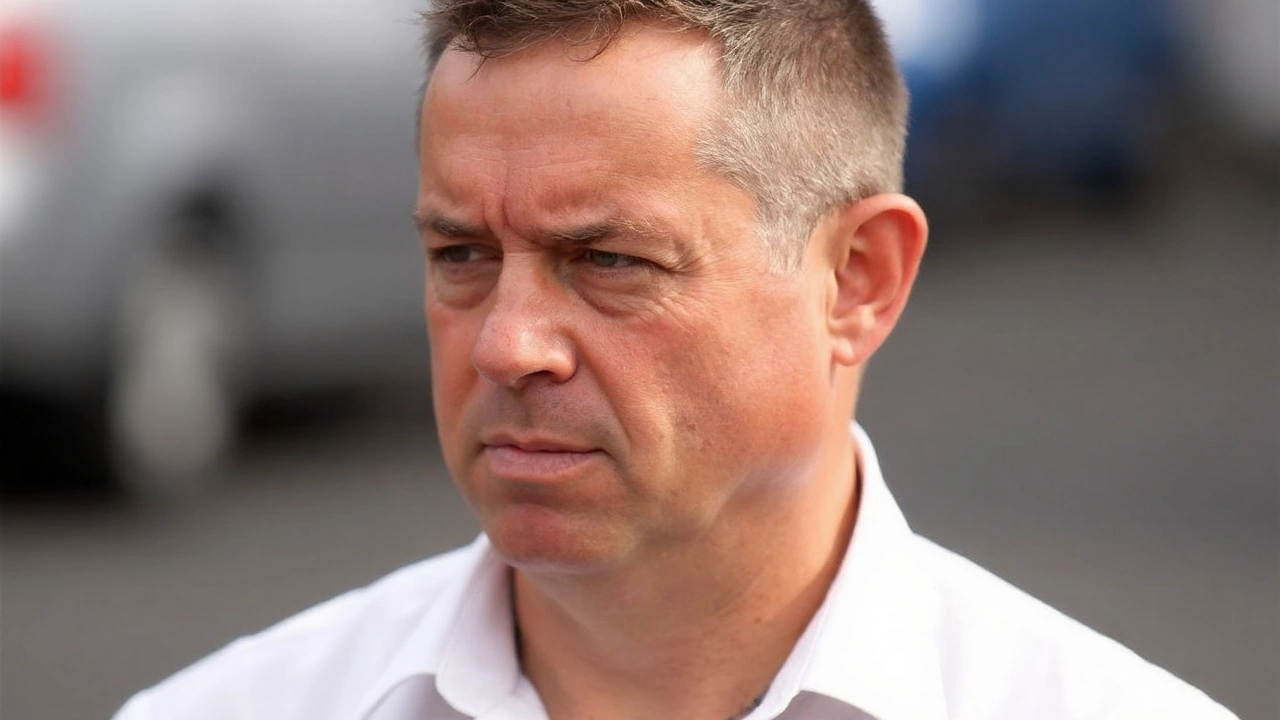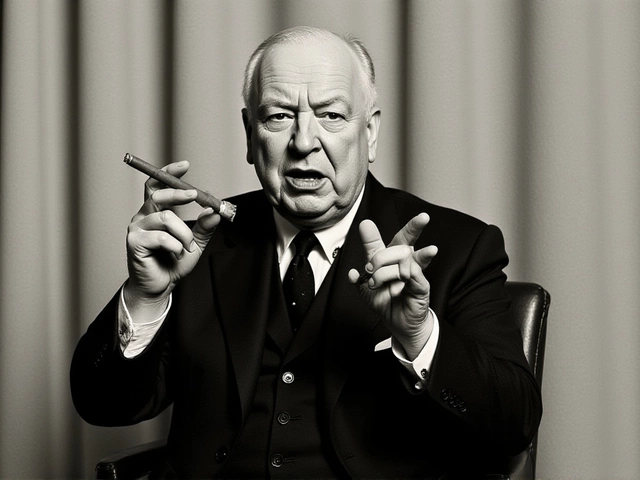
A life built with tools, faith, and service
Rev. John Beckham Alford Jr., a pastor with the hands of a mechanic and the heart of a community organizer, died Saturday, July 26, 2025, at his home in New Bern, North Carolina. He was 87. Born on August 27, 1937, in Norfolk, Virginia, he was the oldest son of John Beckham Alford Sr. and Mary Christine Allsbrook Alford, and he often spoke of his aunt, Toni Allsbrook, as a second mother who helped shape his early years.
Friends and family knew him as a “jack of all trades” and the “last of the shade tree mechanics.” The phrases weren’t throwaway lines—they fit his day-to-day life. If something had gears, pistons, or valves, he could take it apart and put it back together, better than before. His garage was a second sanctuary, a place where he made time for tractors, vintage cars, and anyone who wanted to talk shop.
His most visible passion rolled on four spoked wheels: a 1929 Model A. He didn’t just own it; he kept it running like it was fresh off the line. As president of the Coastal Carolina A’s, a local club dedicated to preserving and driving classic Fords, he helped keep a piece of American automotive history on the road. Neighbors in Craven County got used to seeing him behind the wheel in December, when he steered that Model A through the Trent Woods Christmas Parade—horn cheerful, paint gleaming, and history on display.
Alford’s path to the pulpit started in a very different world. Early in his career, he worked in the defense industry at the Norfolk Naval Air Station, building guided missiles. It was exacting work in a region where shipyards, air stations, and military contractors anchor the local economy. He brought the discipline of that environment into every job afterward—measure twice, act with purpose, and own the results.
Education was the hinge that turned him toward ministry. He graduated from North Carolina Wesleyan College and later earned a degree from Southeastern Theological Seminary. In 1979, he answered what he described as a clear call to serve. Like many second-career pastors, he carried practical skills into church life—skills that helped him relate to congregations that valued straight talk and steady hands as much as sermons.
He also had a streak of entrepreneurship. Together with his wife, he co-owned Aesop Schools, Inc., a venture that signaled his belief that learning—whether mechanical, academic, or spiritual—can change a person’s life. That blend of business sense and ministry mindset followed him into every community he touched.

Ministry and local impact
Once ordained, Alford led congregations across small towns and rural counties, moving where he felt he was needed. He pastored in churches where Sunday services still anchor the week and where faith groups often fill the gaps left by distance and limited services. He also took on regional leadership as a missions director, coordinating outreach and support across multiple congregations.
- Antioch Christian Church (Littleton, NC)
- Bethlehem Christian Church (Littleton, NC)
- Calvary Baptist Church (Roanoke Rapids, NC)
- Sanford Memorial Baptist Church (Brodnax, VA)
- Director of Missions, Concord Baptist Association
As Director of Missions for the Concord Baptist Association, Alford’s work went beyond a single pulpit. That role typically involves helping churches share resources, developing local outreach, and supporting pastors who often serve multiple responsibilities. It’s network building at a neighborhood level, the kind that keeps food pantries open, youth programs running, and volunteer crews organized when storms or hard luck hit.
His ministry years coincided with moments of change for the communities he served—economic shifts, aging congregations, and the growing needs that come with both. He approached those realities with the same patience he brought to a stubborn engine. There was no grandstanding, just the consistent, practical work of showing up, listening, and moving forward one problem at a time.
People who knew him point to a through line: work hard, serve others, and keep learning. That showed up in how he stewarded his education, how he maintained his cars, how he led churches, and how he helped shape local civic life. Whether it was a church budget or a carburetor, he respected the details and took pride in leaving things better than he found them.
In New Bern and in the Roanoke Rapids–Littleton corridor, he also became a familiar face in the classic car scene. Model A owners tend to form tight-knit circles—part social club, part rolling workshop. Alford was comfortable in both spaces. He valued the preservation of the machines, but he also valued the culture around them: the Saturday morning meetups, the roadside fixes during group drives, and the way older mechanics teach younger enthusiasts the art of diagnosing problems by sound and feel.
His parade appearances in Trent Woods weren’t just for show. For many families, those Christmas parades mark the rhythms of the year. A vintage Ford rumbling down the route, children waving back, and the driver tipping his hat—that’s the texture of local life you remember long after the candy is gone. Alford understood that. He liked putting history on the street where people could see it, smell the fuel, hear the engine note, and connect it to a shared past.
He carried that same spirit into his churches. He expected faith to move—out of the sanctuary, into kitchens, fellowship halls, parking lots, and front porches. He favored practical care: organized help for families in need, encouragement for neighbors carrying quiet burdens, and steady counsel in seasons when a friend’s voice matters more than a formal program. The record of his pastorates across North Carolina and Virginia shows a steady commitment to that kind of presence.
Born in Norfolk, seasoned by the Tidewater’s industrial backbone, and settled later in New Bern, Alford lived a life spread across map lines but anchored by the same priorities: learn, serve, and build. Littleton, Roanoke Rapids, and Brodnax each tell a piece of that story—places where small churches do big work and where a pastor’s visit still means something.
He leaves behind overlapping communities: congregations shaped by his preaching and leadership; fellow club members who kept him company in garages and on parade routes; and neighbors who could count on him for a straight answer and a steady hand. His legacy sits in those relationships and in the habits he modeled—show up, put in the effort, and don’t be afraid to turn a wrench, literal or figurative, when something needs fixing.
It’s easy to define a life by titles—pastor, president of a car club, missions director, business co-owner. Alford’s story sits in the connective tissue between them. He had a knack for bridging technical and human problems, for moving from schematics to scripture without losing the thread. That blend made him a recognizable figure in every place he lived: direct, useful, and unafraid to take responsibility.
He will be remembered in sanctuaries and workshops, from church pews to garage stools. For some, the memory will be a sermon that landed at the right time. For others, it’s the sight of that 1929 Model A idling into view, a little piece of American engineering kept alive by someone who loved how things work and believed that work, done faithfully, is its own kind of witness.




